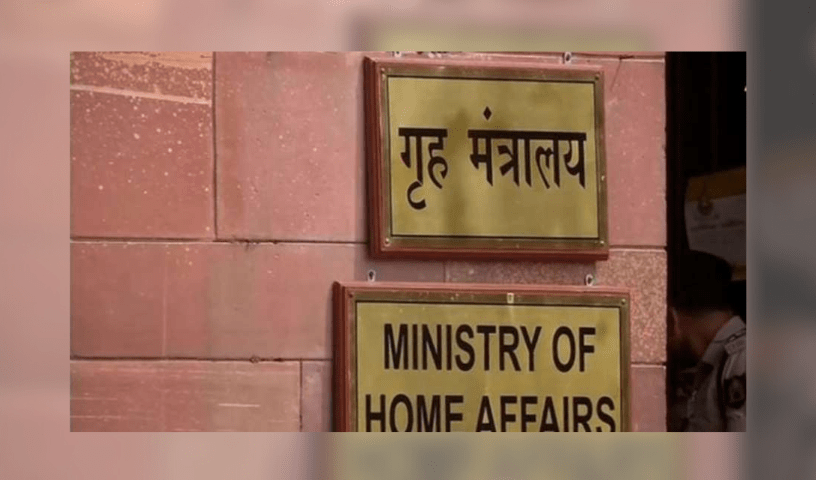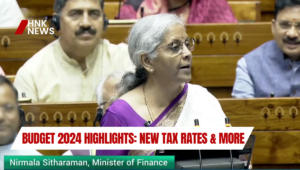The Indian Government Blocked Over 100 Fraudulent Websites

Government Takes Swift Action: Blocks Over 100 Websites in Crackdown on Illegal Investments and Job Frauds
Over 100 websites have been blocked by the Indian government for aiding organized illegal investments and fraudulent part-time job schemes. The Indian Cybercrime Coordination Centre (I4C), part of the Union Home Ministry, identified and recommended the blocking of these websites through its National Cybercrime Threat Analytics Unit (NCTAU).
These websites, mostly run by foreign entities, targeted retired individuals, women, and unemployed youth seeking part-time employment. Operated through digital advertisements, chat messengers, and rented accounts, these platforms facilitated organized illegal investments related to economic crimes.
The Ministry of Electronics and Information Technology (MeitY) utilized its authority under the Information Technology Act, of 2000, to block these websites. The economic frauds conducted on these platforms involved laundering proceeds out of India through methods like card networks, cryptocurrencies, overseas ATM withdrawals, and international Fintech companies.
ALSO READ | Hyderabad breathes a sigh of relief as Cyclone Michaung weakens
The Indian Cybercrime Coordination Centre (I4C) is a Home Ministry initiative to address cyber crimes in a coordinated manner. Citizens are urged to report phone numbers and social media handles used by fraudsters through the National Cybercrime Reporting Portal (NCRP).
The fraudulent schemes typically began with targeted digital advertisements on platforms like Google and Meta, using keywords like “Ghar baithe job” (work from home) and “Ghar baithe kamai kaise karen” (how to earn from home). Victims were then engaged through WhatsApp or Telegram, convinced to perform tasks for commissions, and eventually duped into making larger investments.
As a precaution, citizens are advised to exercise caution before investing in high-commission online schemes. Financial transactions with unknown individuals on WhatsApp or Telegram should be avoided without proper verification. Checking the source of initial commissions and verifying the name of the receiver in UPI Apps is recommended to prevent falling victim to fraudulent schemes.
The government emphasizes refraining from transactions with unknown accounts to prevent involvement in money laundering, terror financing, and potential legal consequences, according to the statement.
ALSO READ | Dharmendra: A Bollywood Legend






